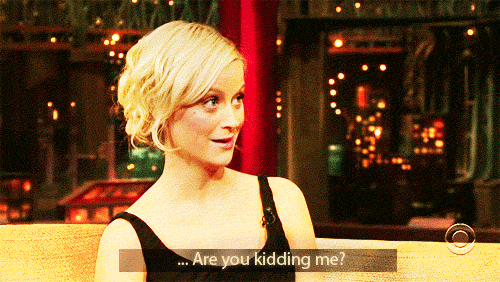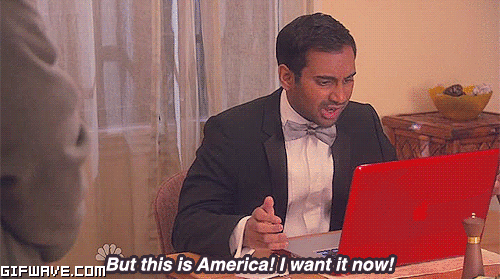At our last reflection dinner on Sunday, we talked about empowerment and activism. While my parents have always stressed that I am capable enough to do anything I want, and that having a strong foundation in education paves the way for a life better than what my parents had, I have to be careful. As we discussed the difference between acvitism and empowerment, I feel like my education, my interactions with people, my experiences like those gained from the Moxie program, allow me to become more empowered. However, activism demands action, and whether or not that action is demonstrated through typical political rallies or something like lobbying and hosting workshops.

But as a first-generation American, I am consantly reminded that in order to build a life that my parents dreamed of, I need to be safe.

Are we ever truly safe? I could be seriously injured, maimed, or even killed if a natural disaster were to strike. Of course I risk more when I walk around at the streets alone at 1 am. I can be educated and know that the chances are unlikely. I conquer some fear in knowing that I am able to defend myself and take precautions in avoiding trouble. However, all these things that I do are just that: precautions. It doesn’t stop me from being vulnerable. My feelings of being vulnerable are socially constructed, this I don’t deny. But I will always be vulnerable. Perhaps not on the street at 1 am, but when I am interacting with people, getting close to others. By opening up, trusting others, loving people, that makes me inherently vulnerable.

I’m not some sort of lost puppy who’s lost and helpless.

But just as any human, I am vulnerable. And to some extent I always will be. That is okay, though, as I’ve learned more about myself this summer than I thought I would and that makes me more prepared and empowered when dealing with myself.
- I learned how to live in the city and travel around without getting too terribly lost. Thanks, Google Maps! I hope this makes me more capable of surviving anywhere where English is the main language!
- I learned how to survive on a stipend and cook meals for myself!
- I figured out how to be independent and do things out on a whim without planning everything ahead of the time
- I became comfortable with being myself around others and doing things on my own when time allows it.
- I realized that I’m quite organized and I handle stress relatively well with big projects. I’ve realized that people get stressed doing my tasks and jobs, running around doing errands, and busy work, but I manage to do it well and with great efficiency.
- I am extremely efficient with time. And I like being punctual. I prefer doing my stuff ahead of schedule, although it may stress me out, but it prevents me from stressing out later from procrastination.
- I guess I admitted to myself that I’m kinda neurotic. Small things stress me out but big things don’t? Maybe I make myself stresed, when there’s not even something to be stressed about.
I think learning these things and accepting these habits of mine will help me become more capable and more prepared to deal with situations where I’m particularly vulnerable…Thank you, Moxie and everyone for this summer!




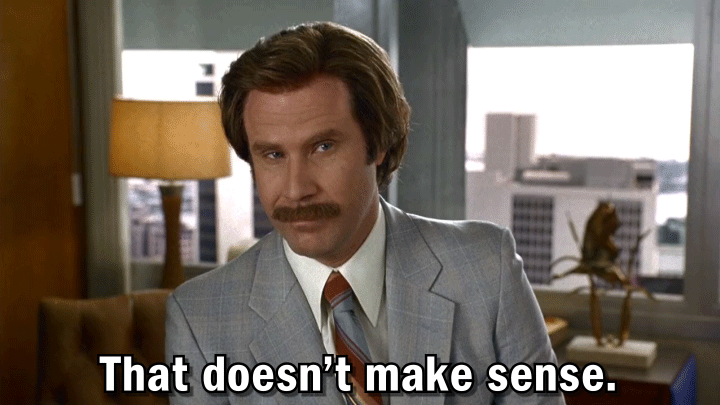


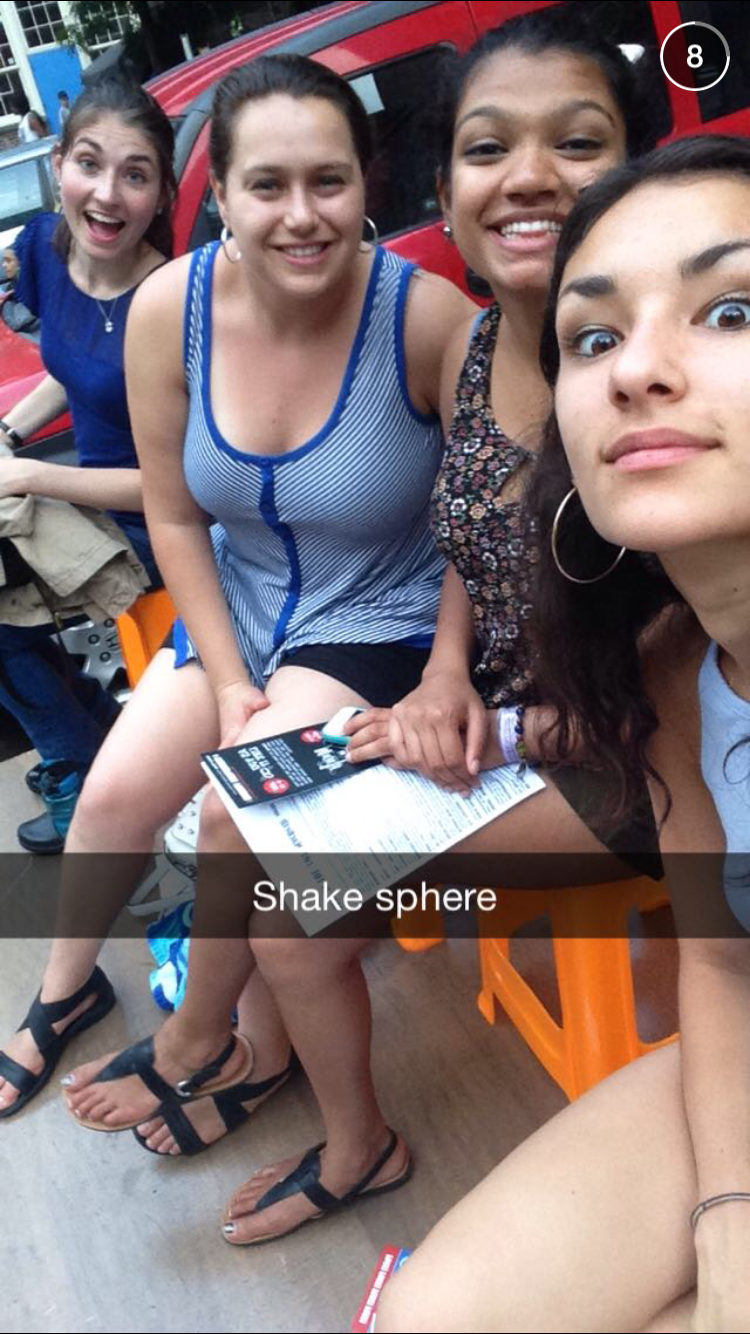

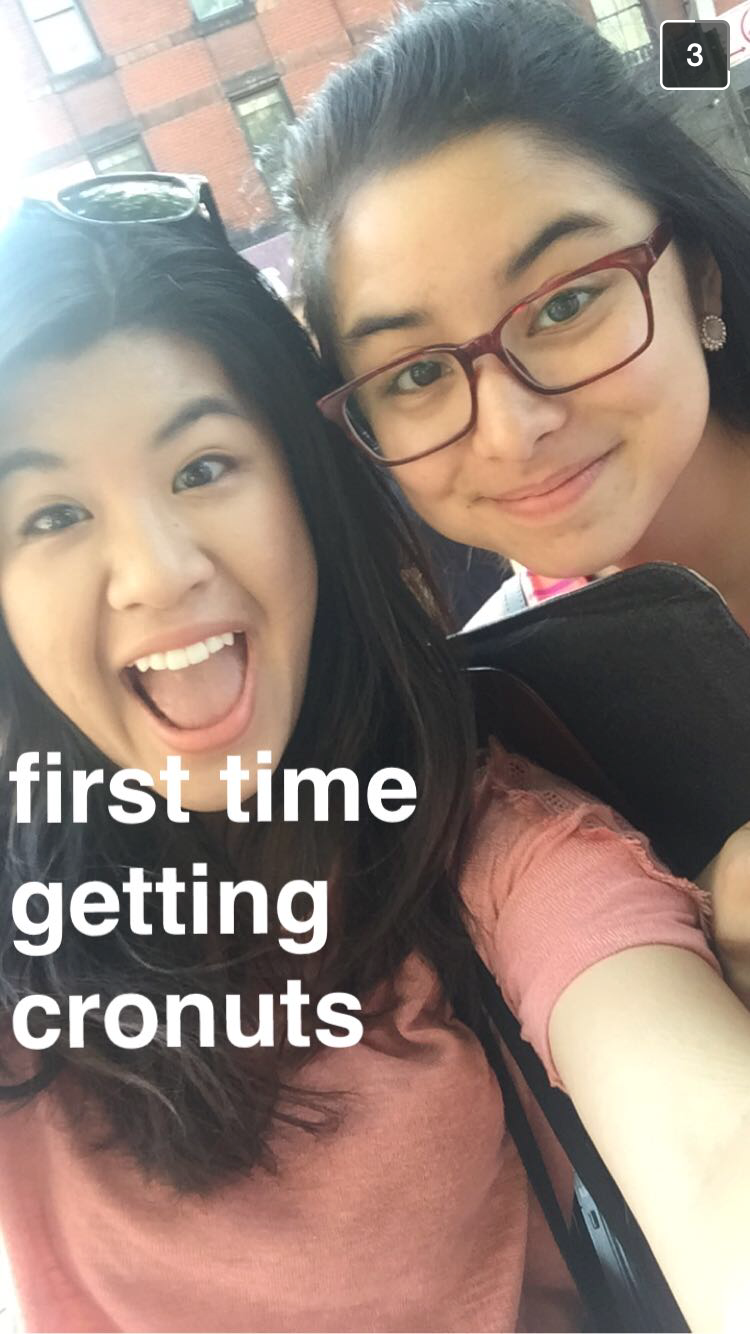

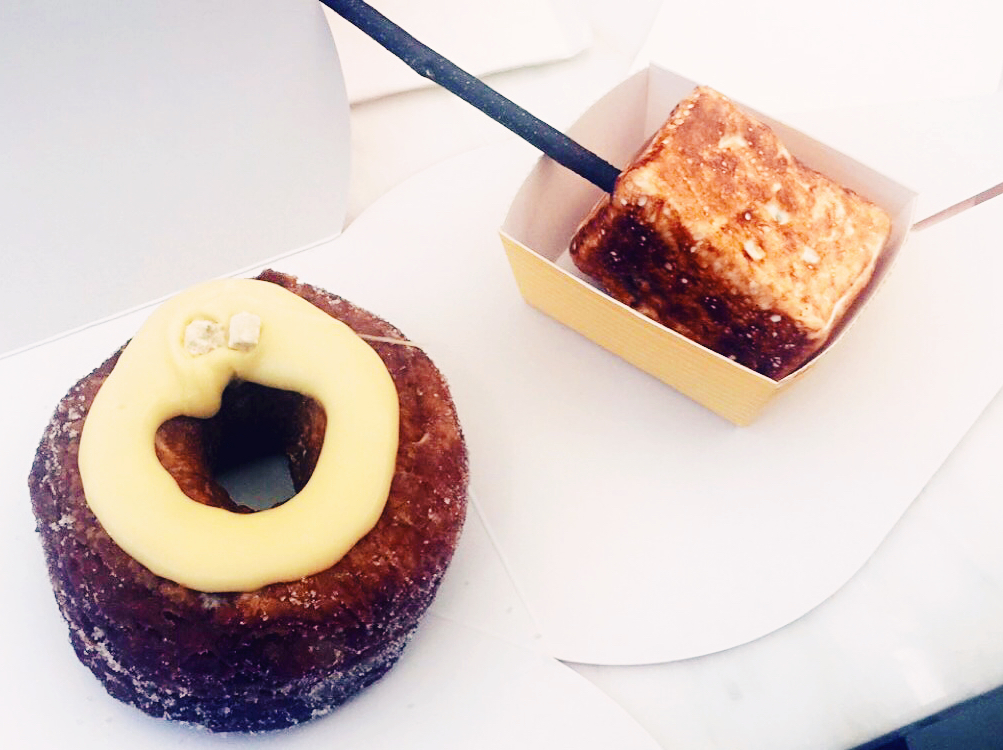

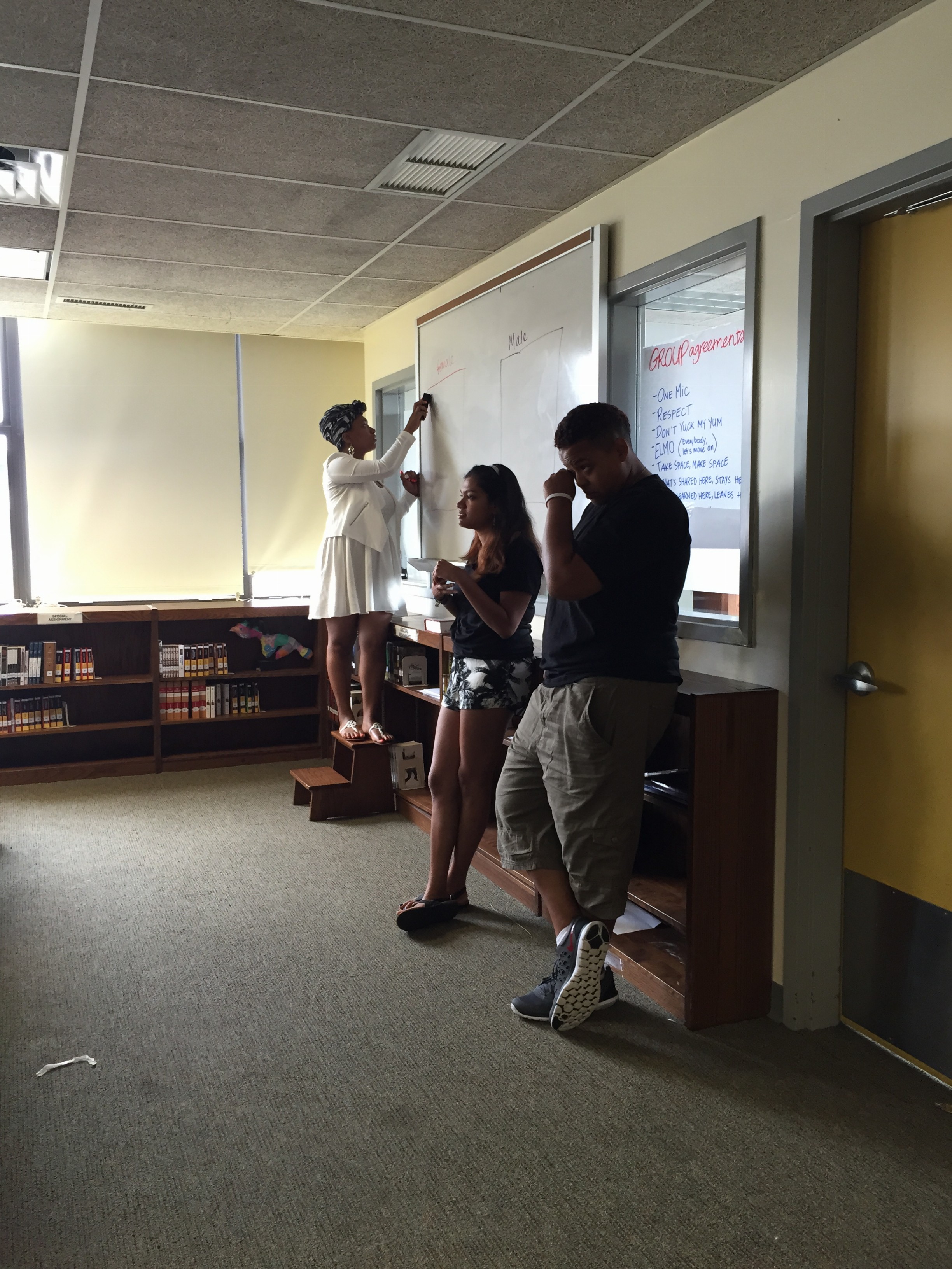
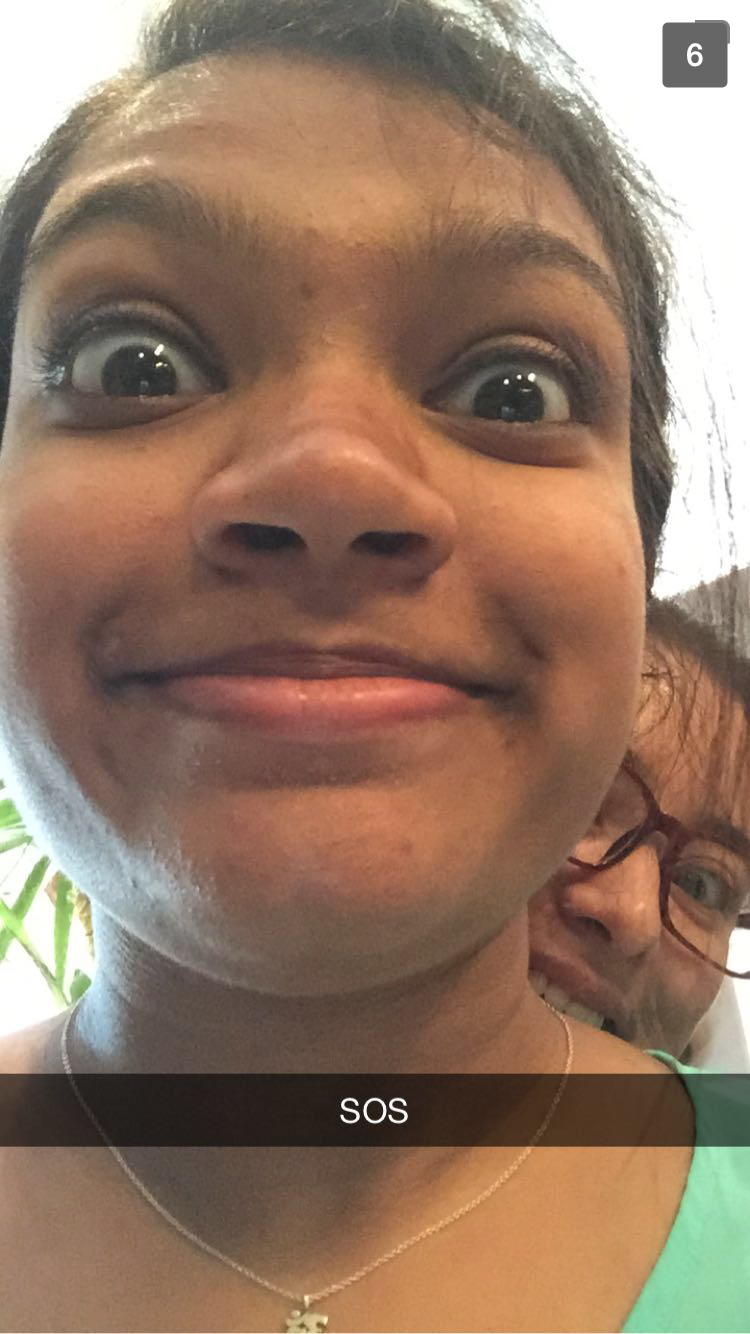
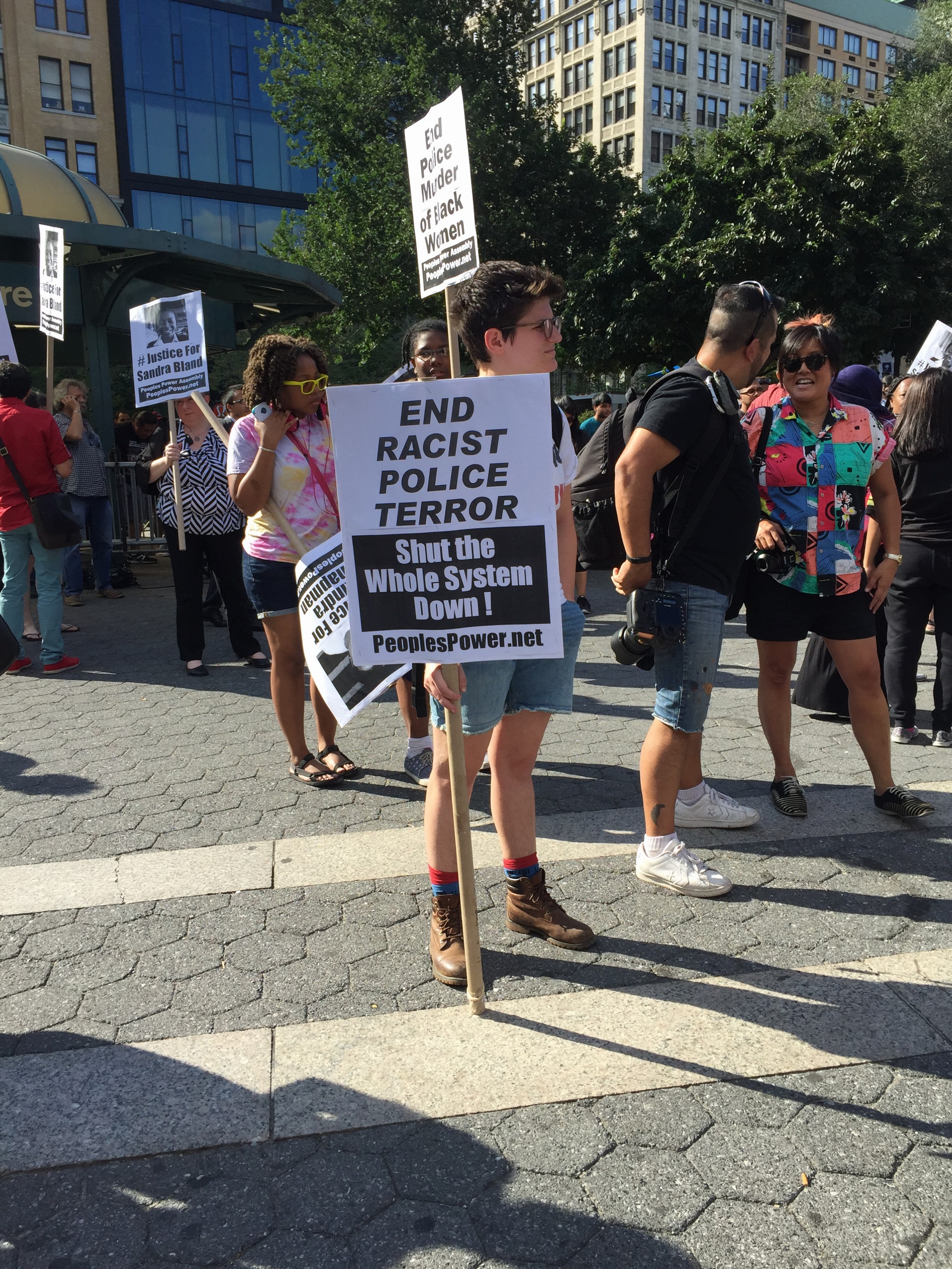
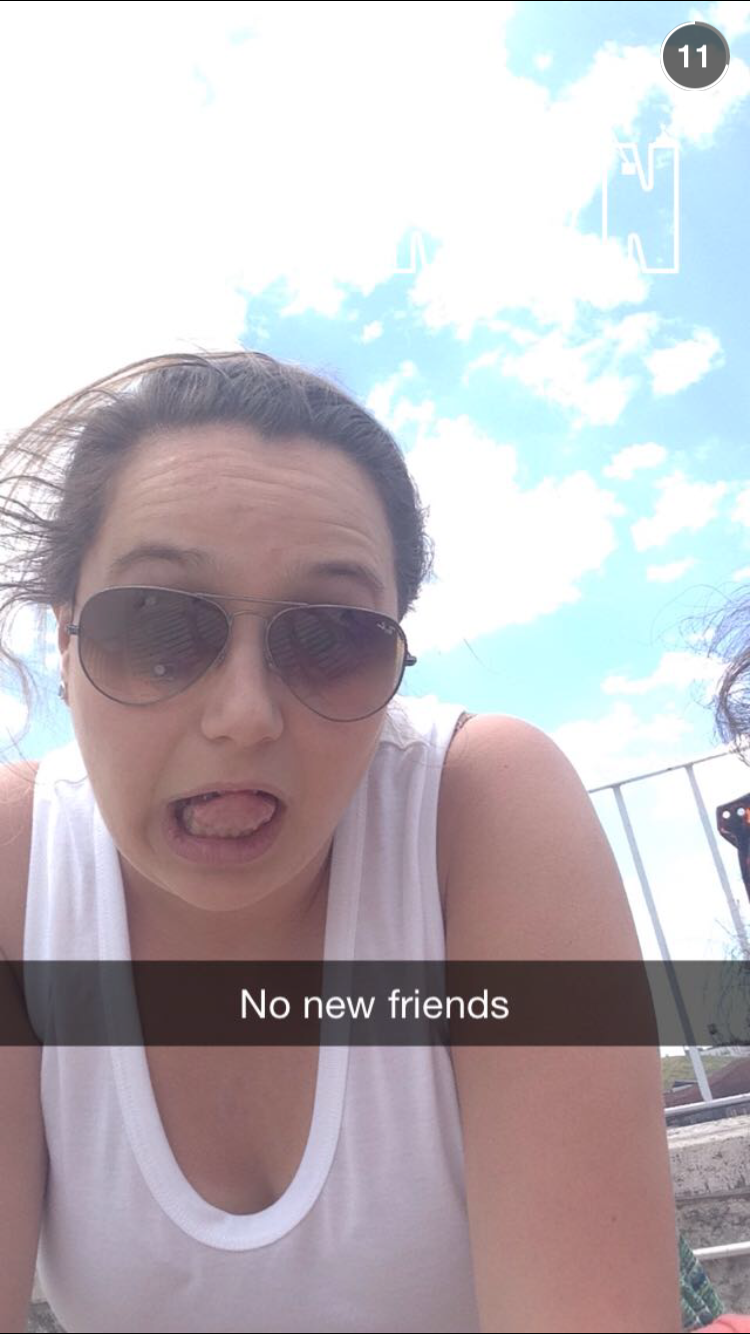
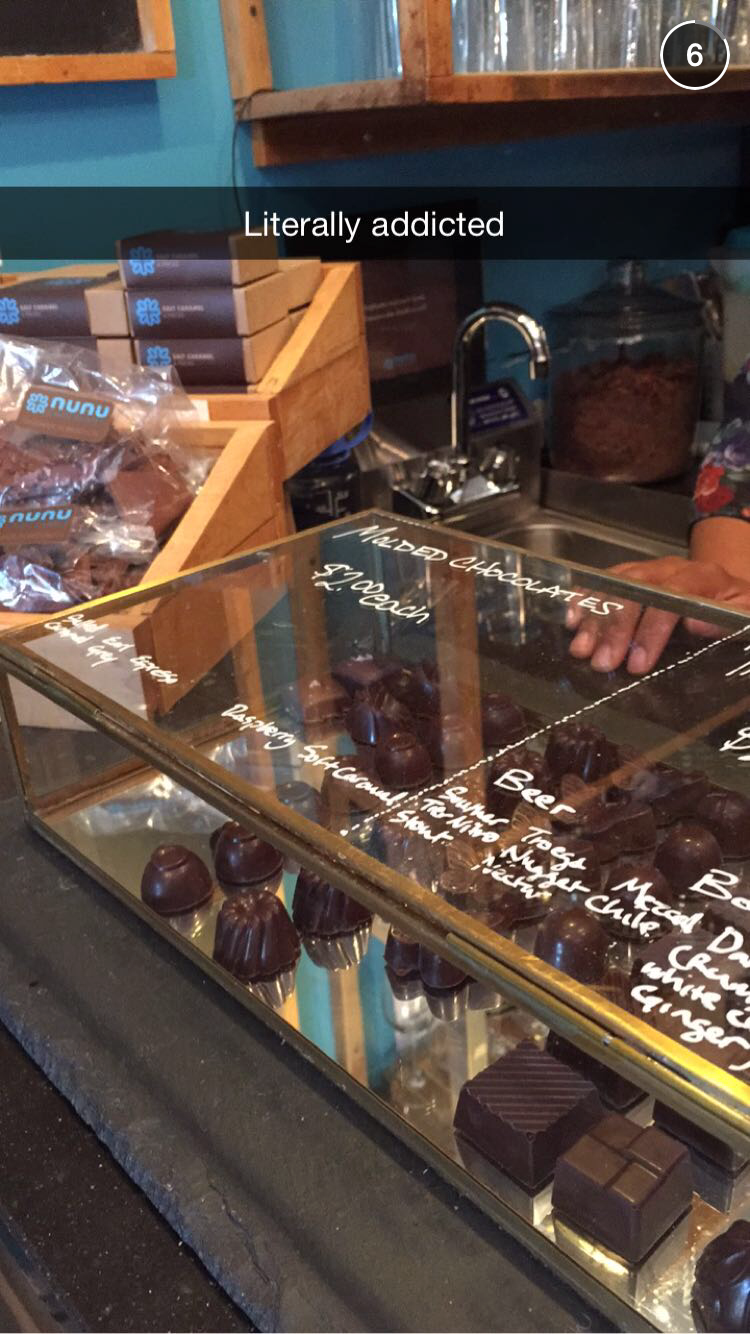

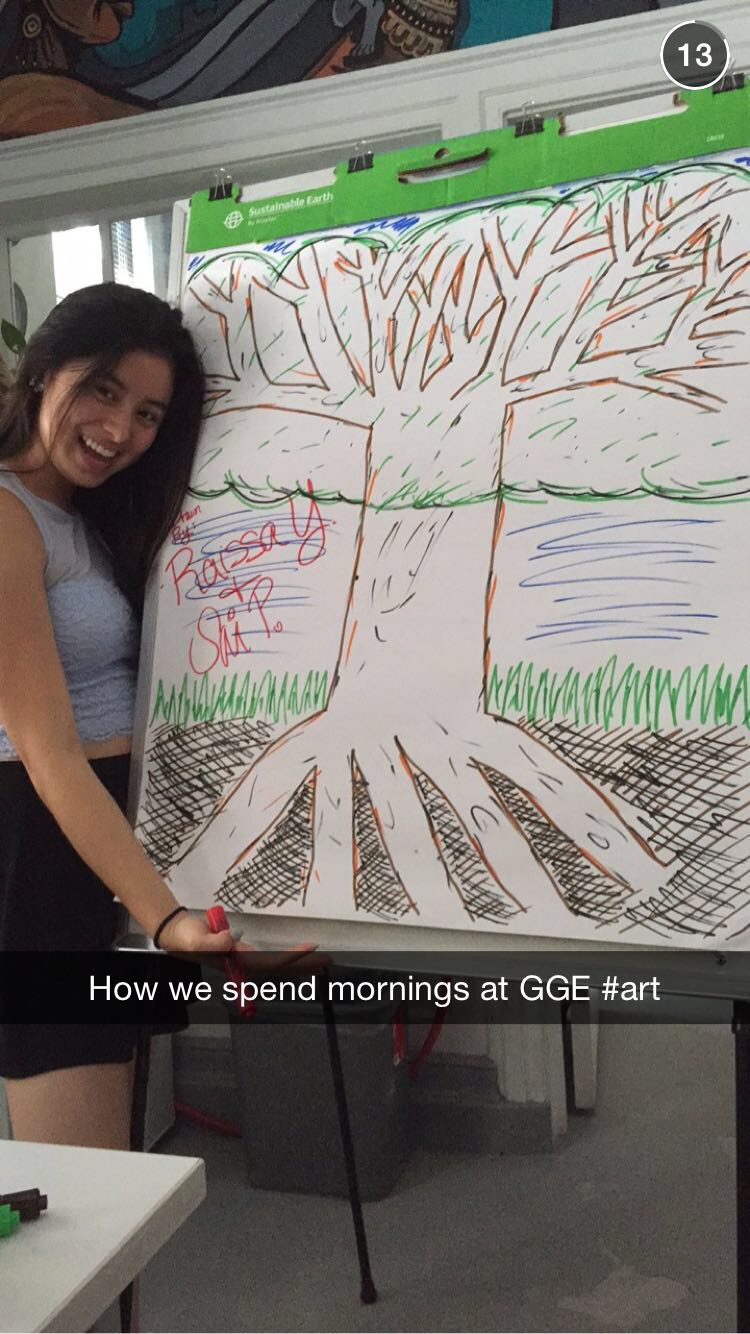
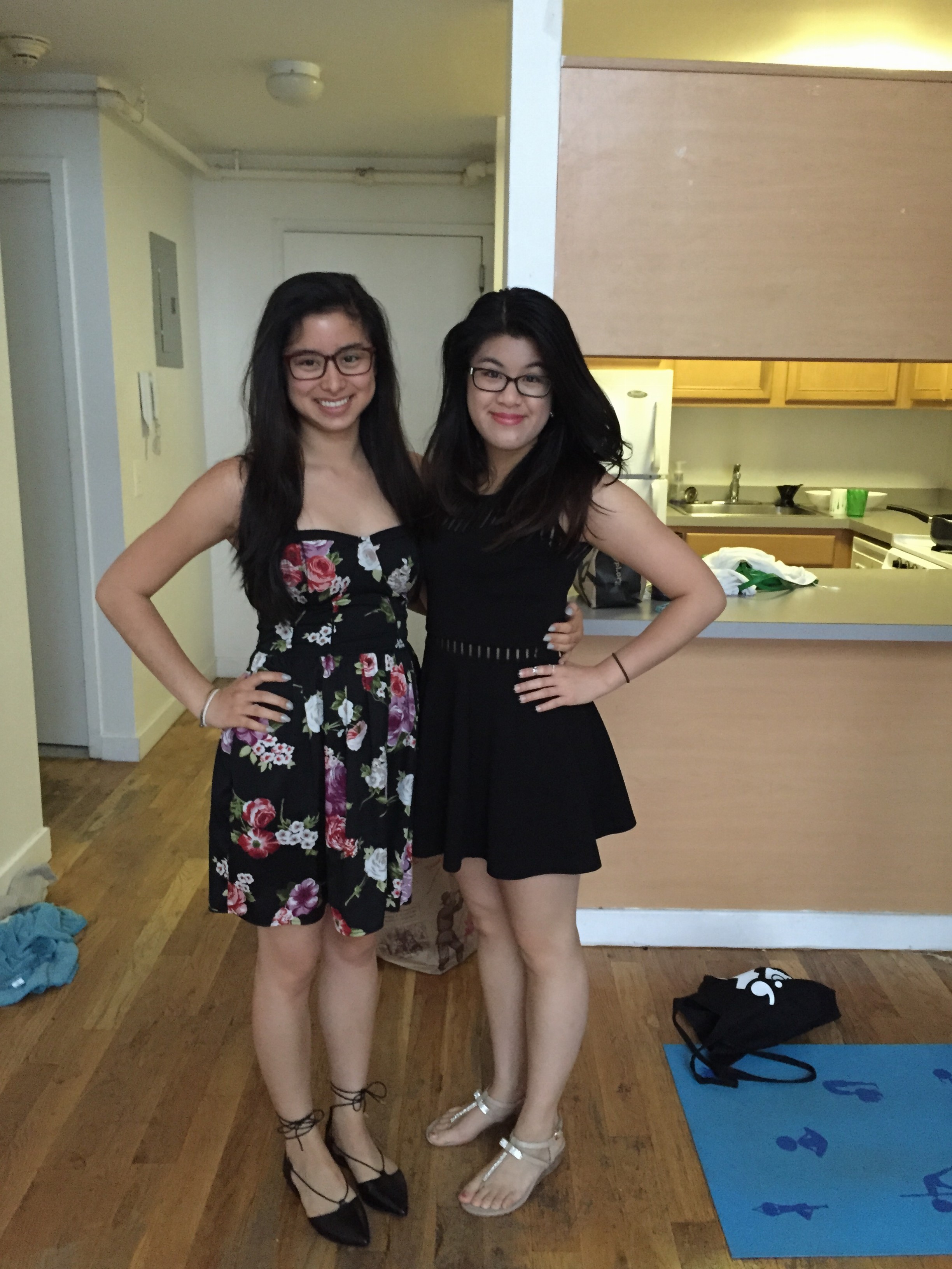
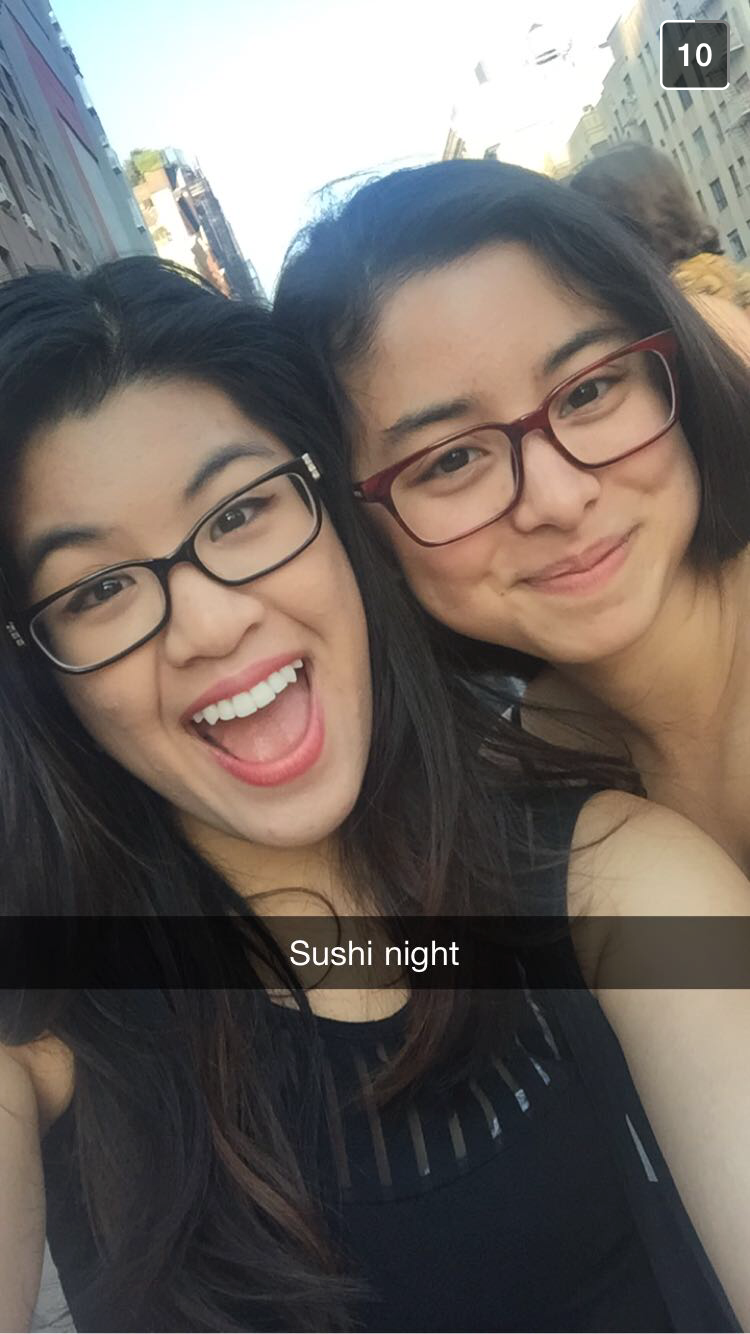
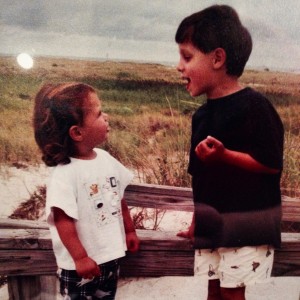

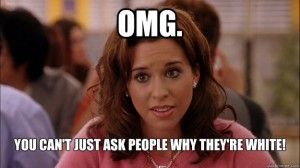








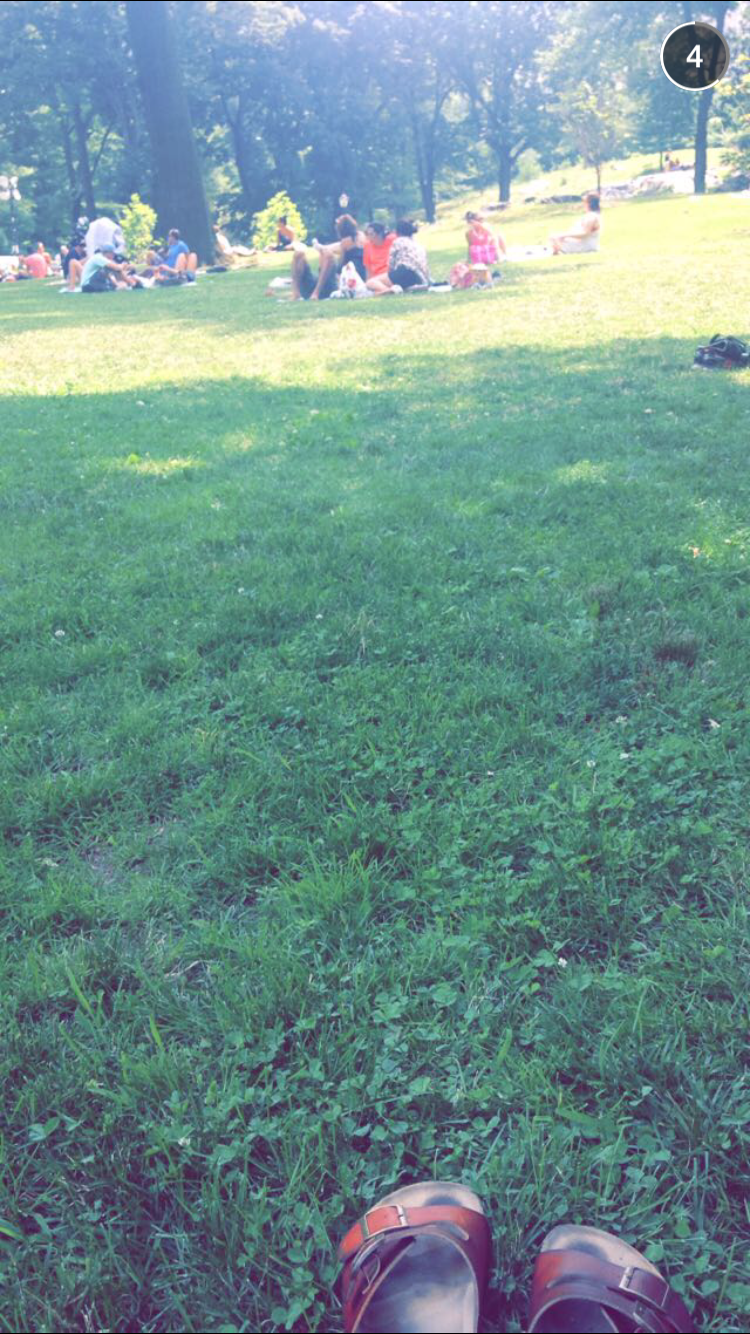
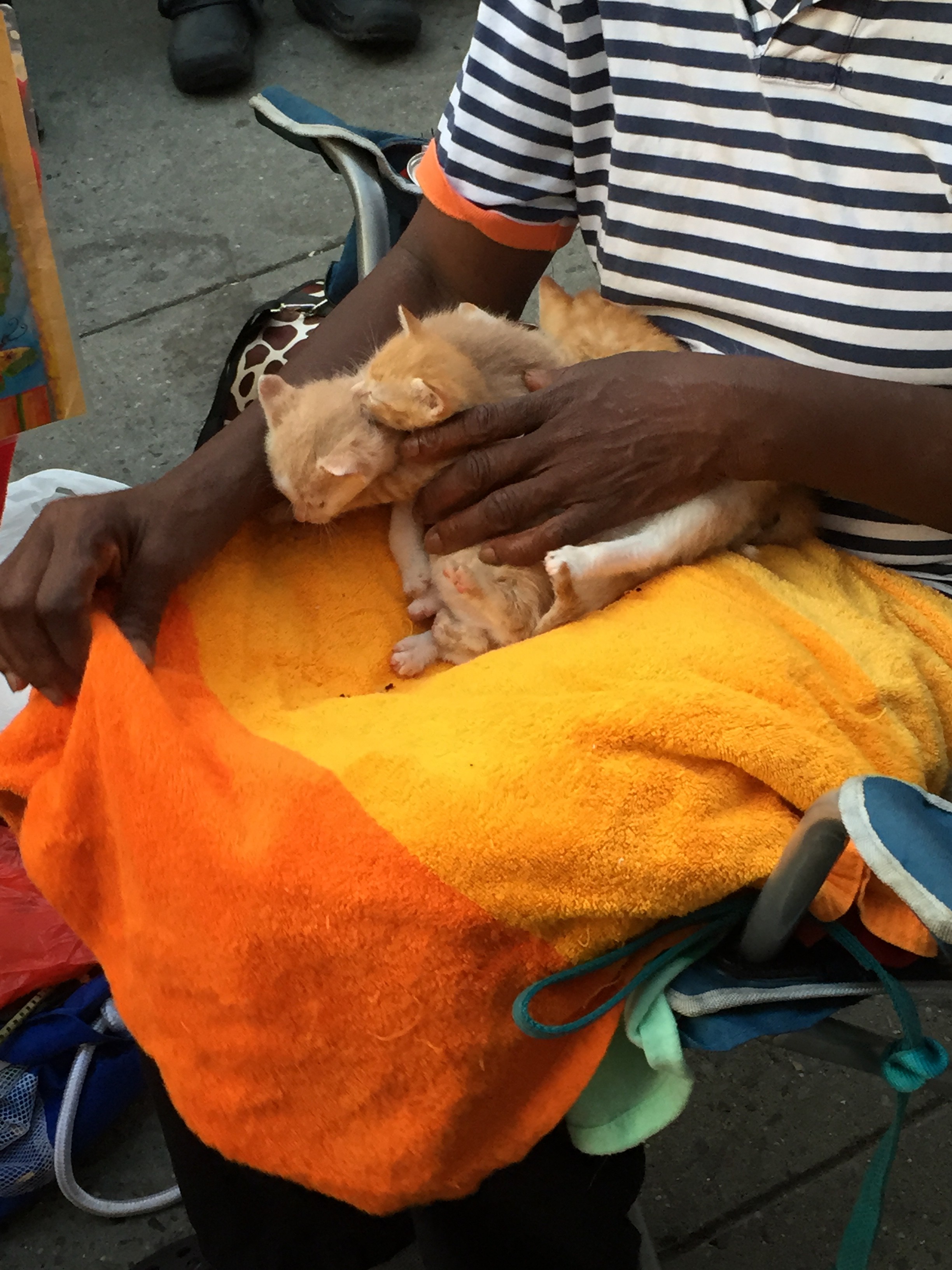
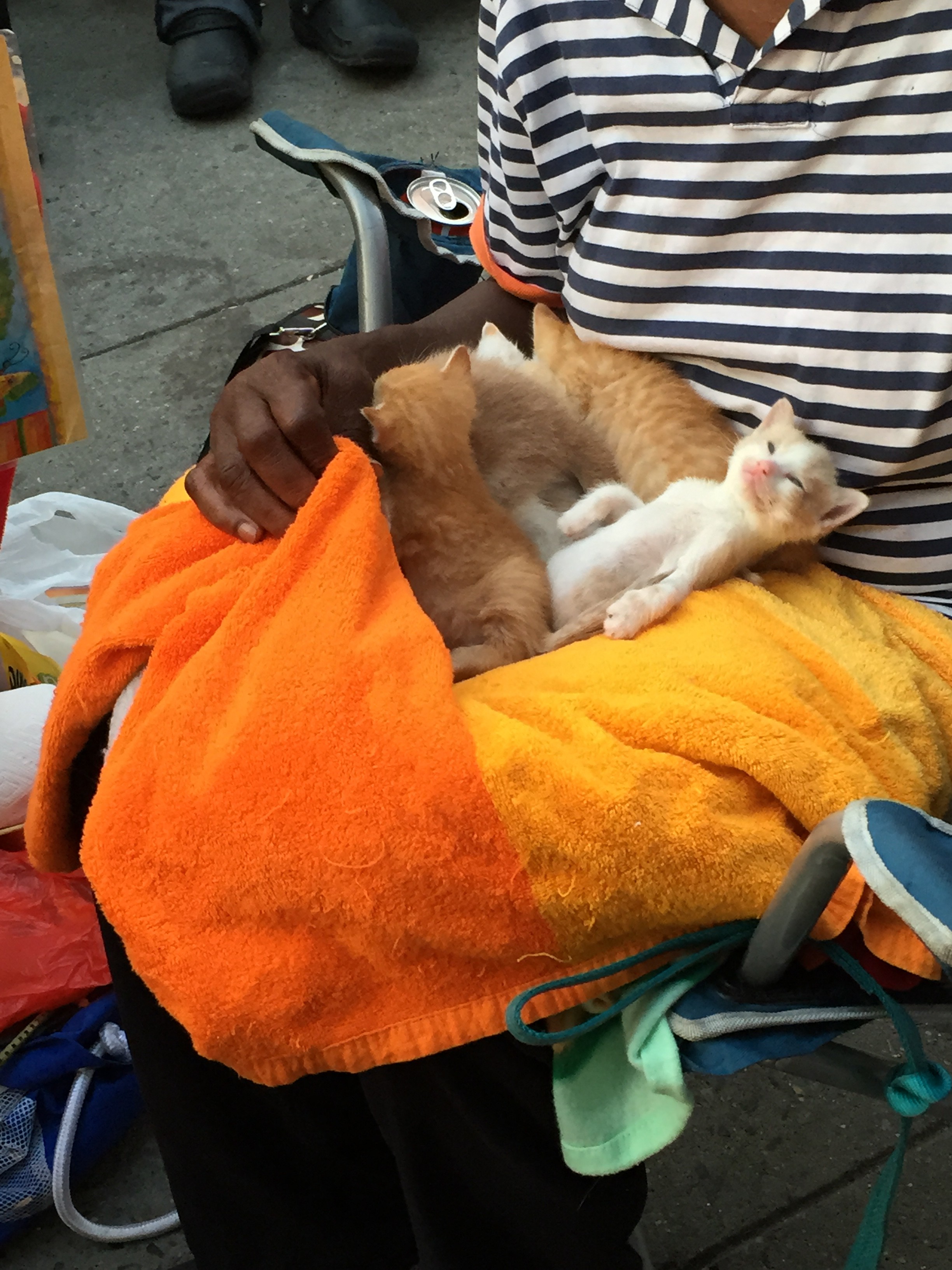
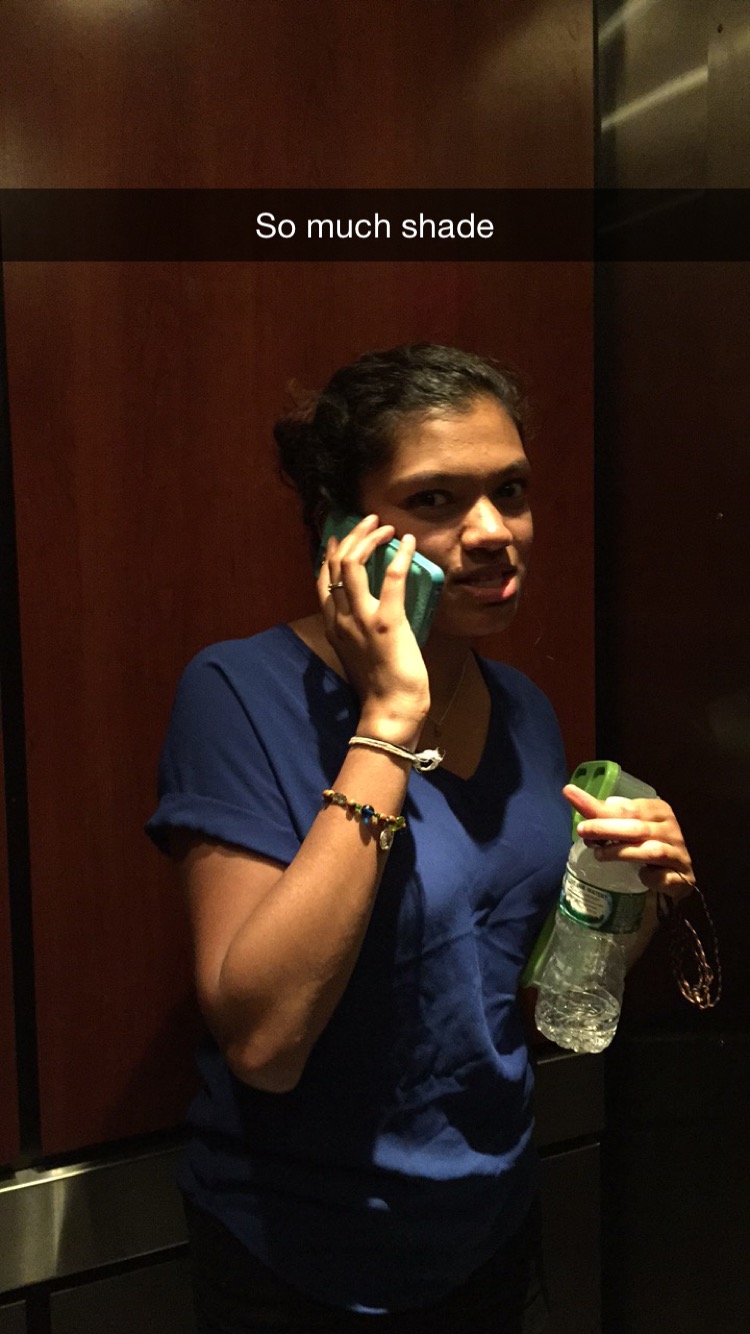
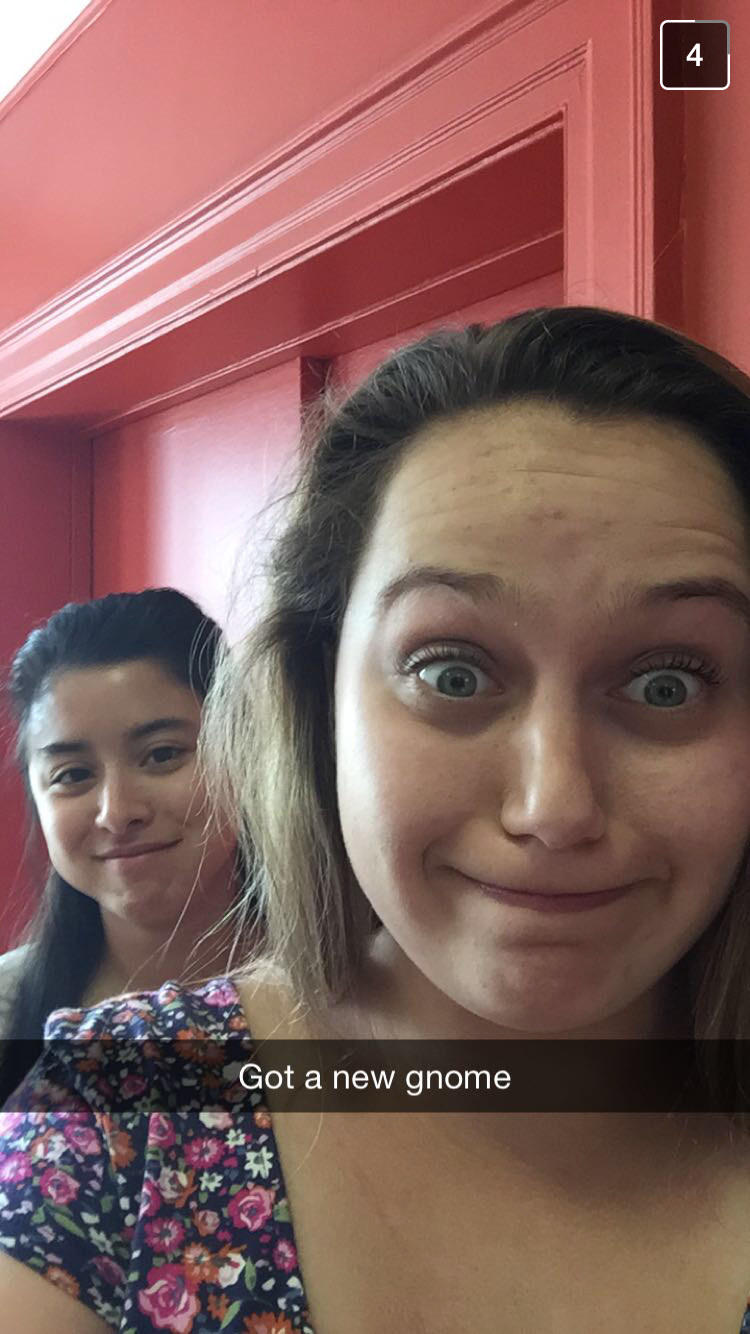

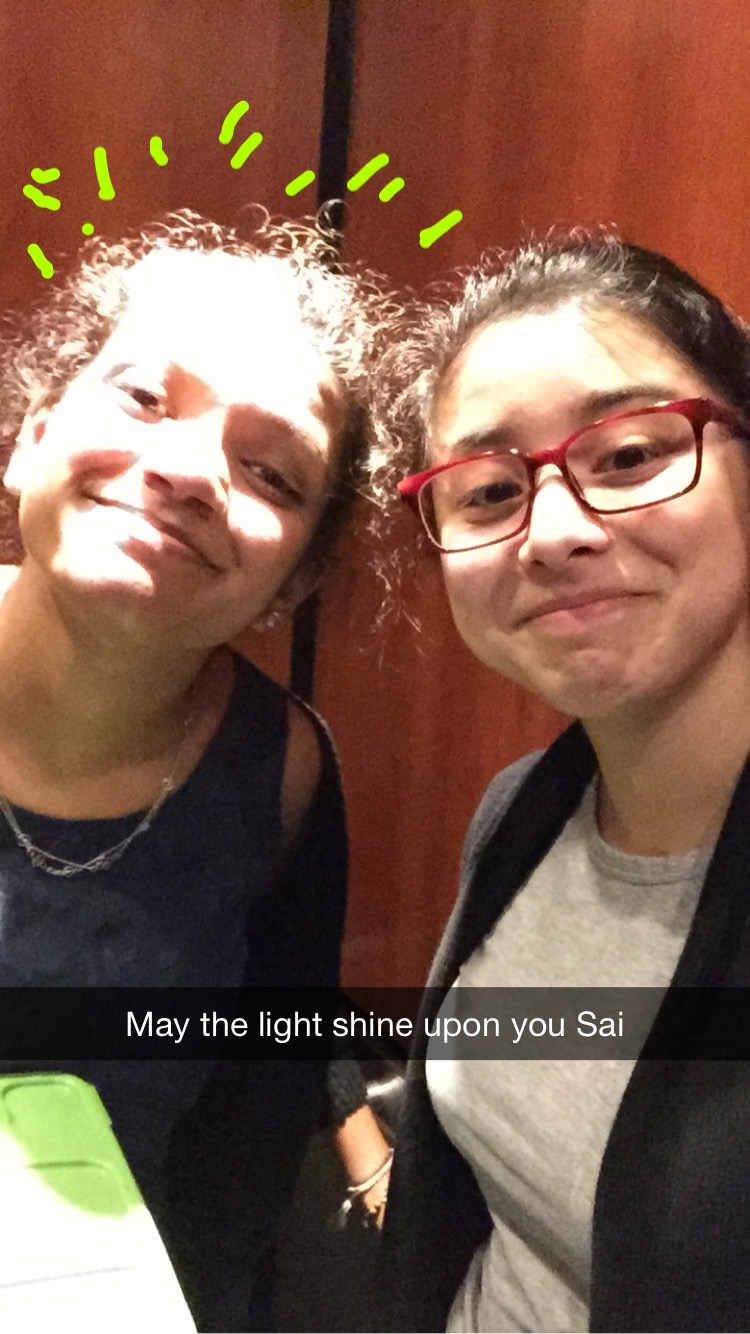
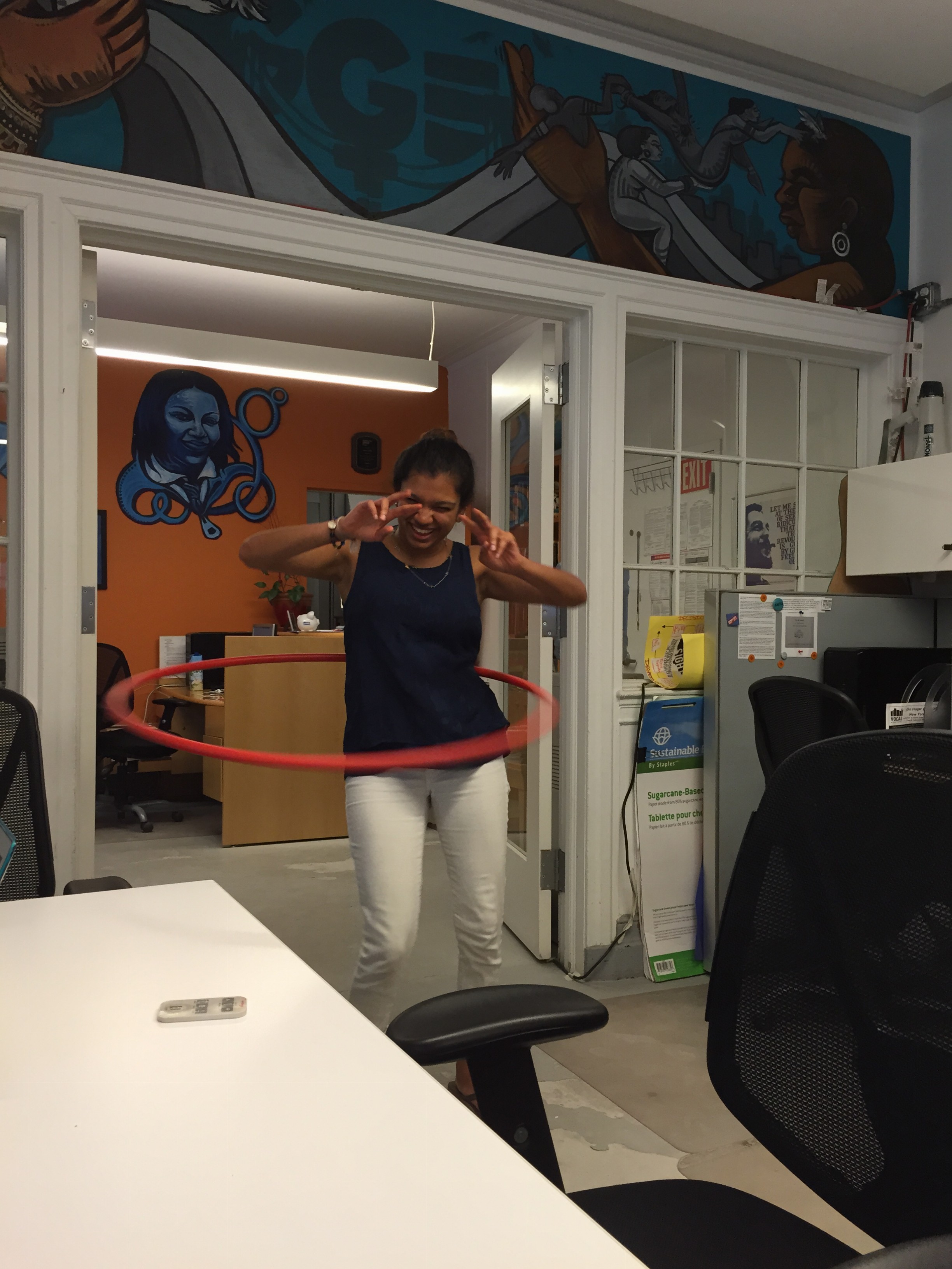
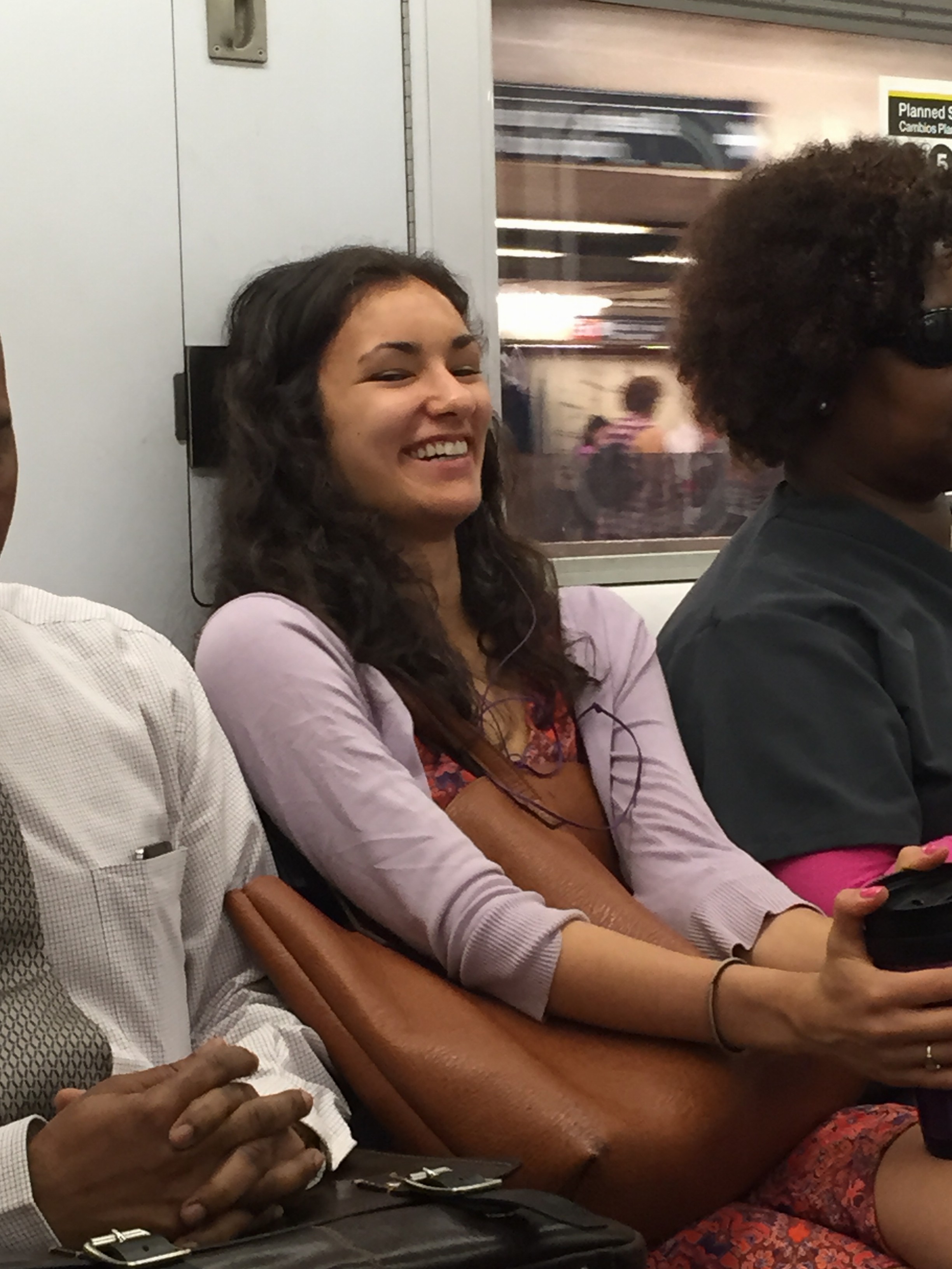
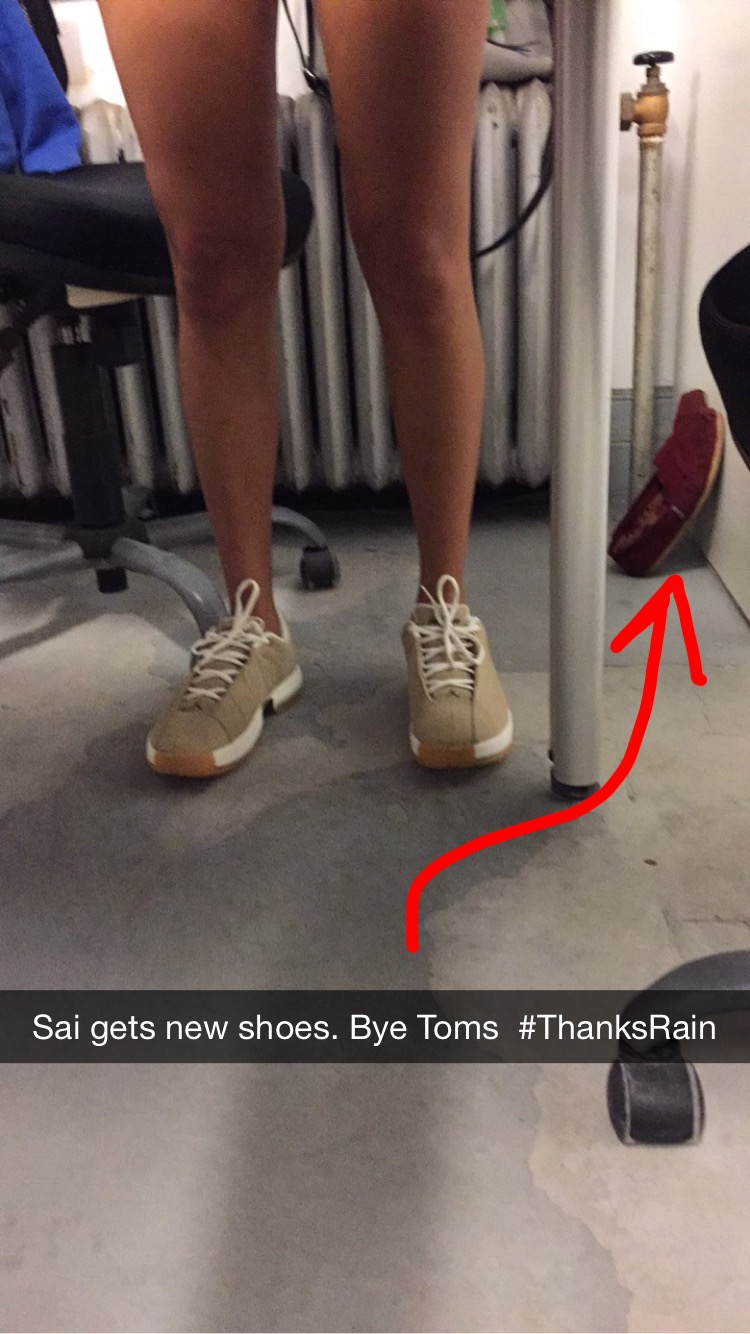
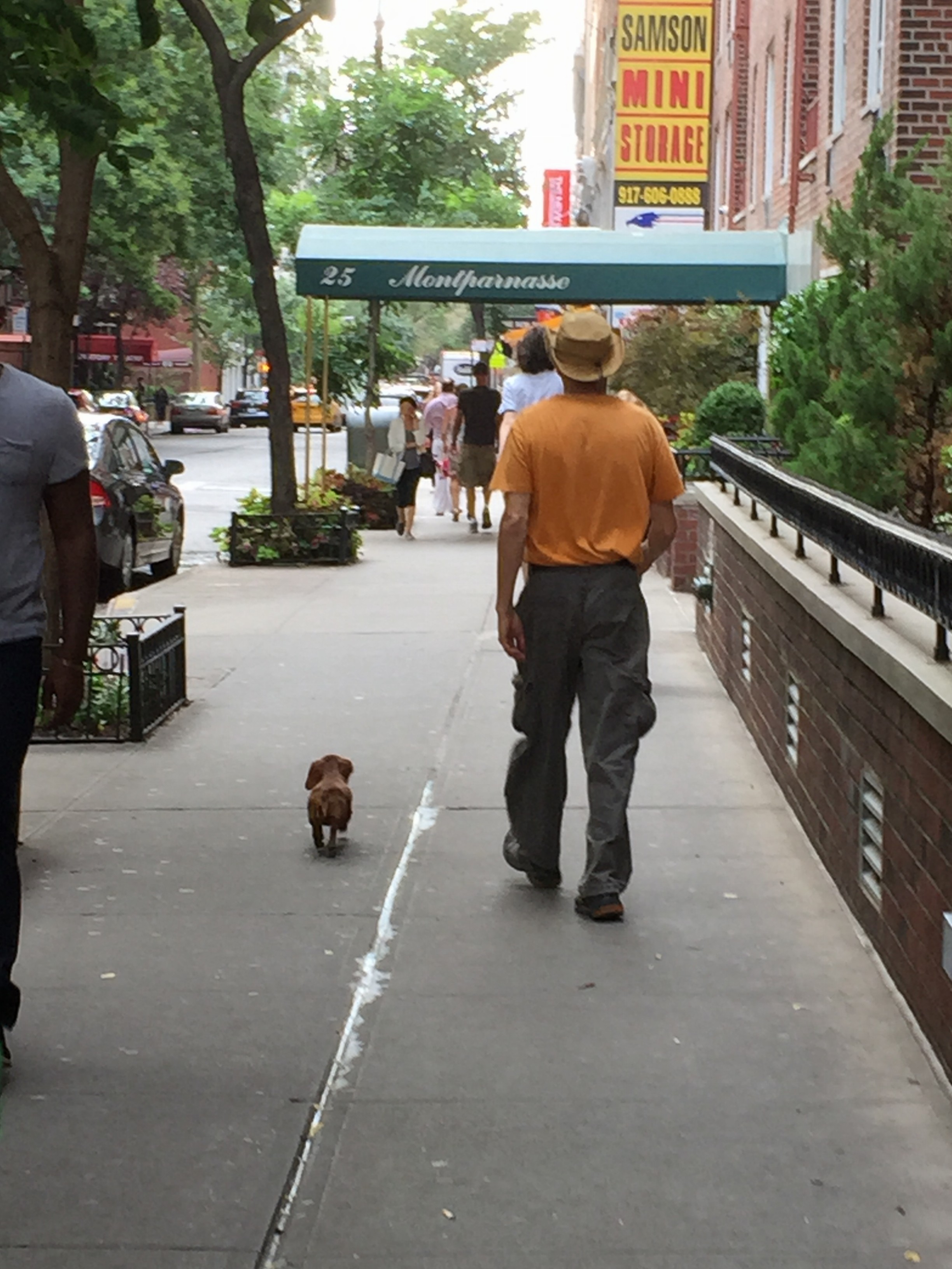
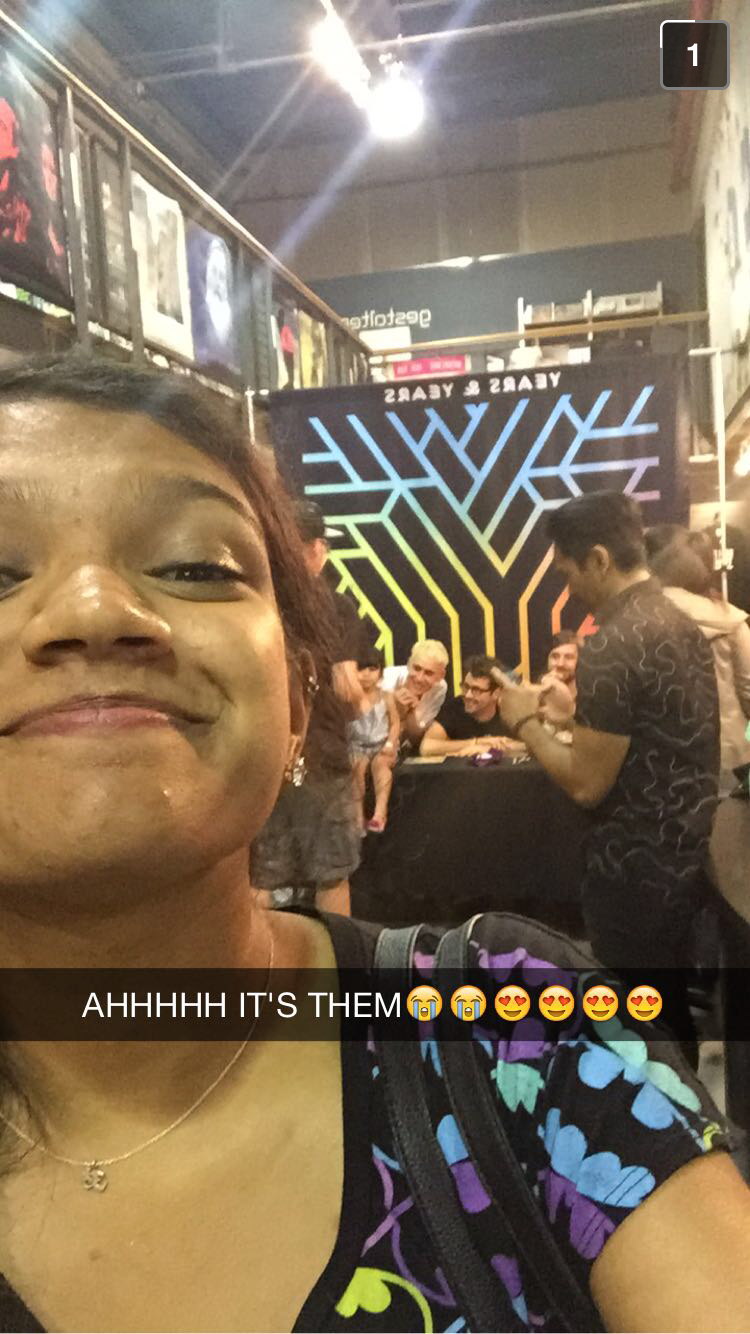
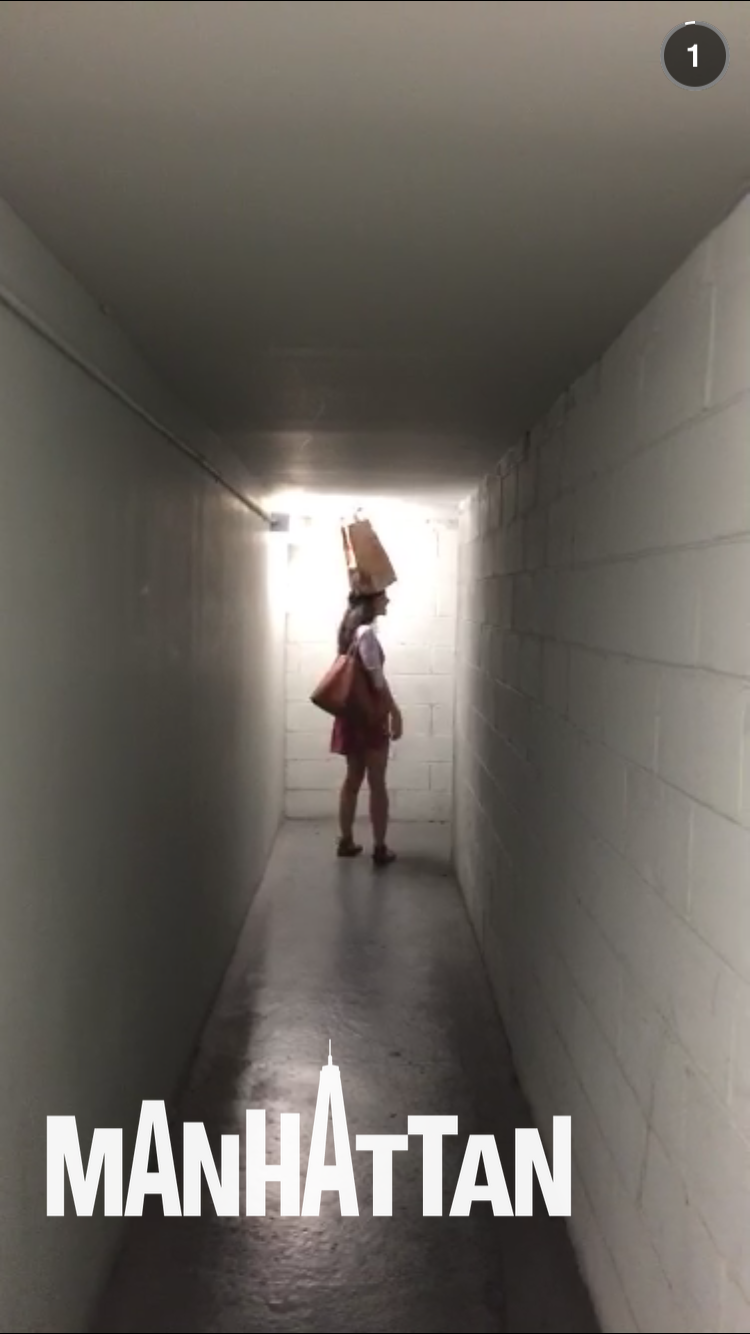

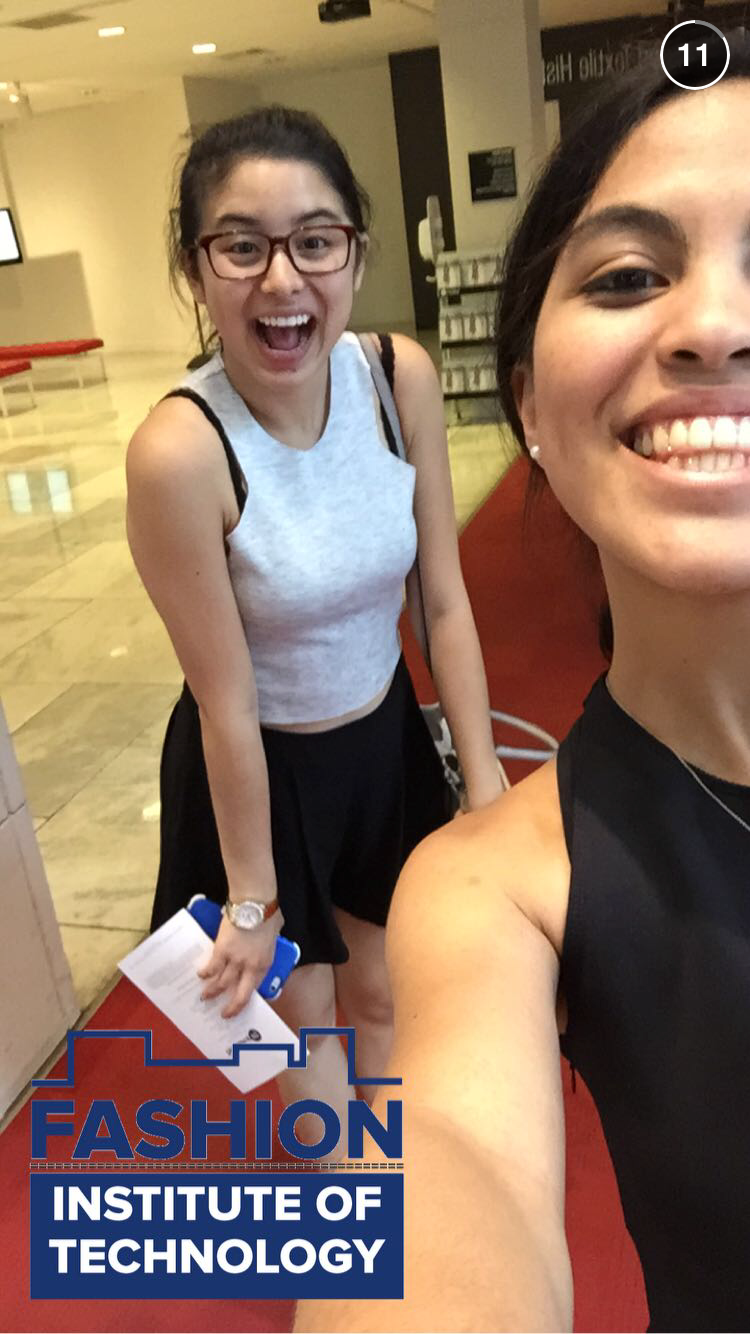
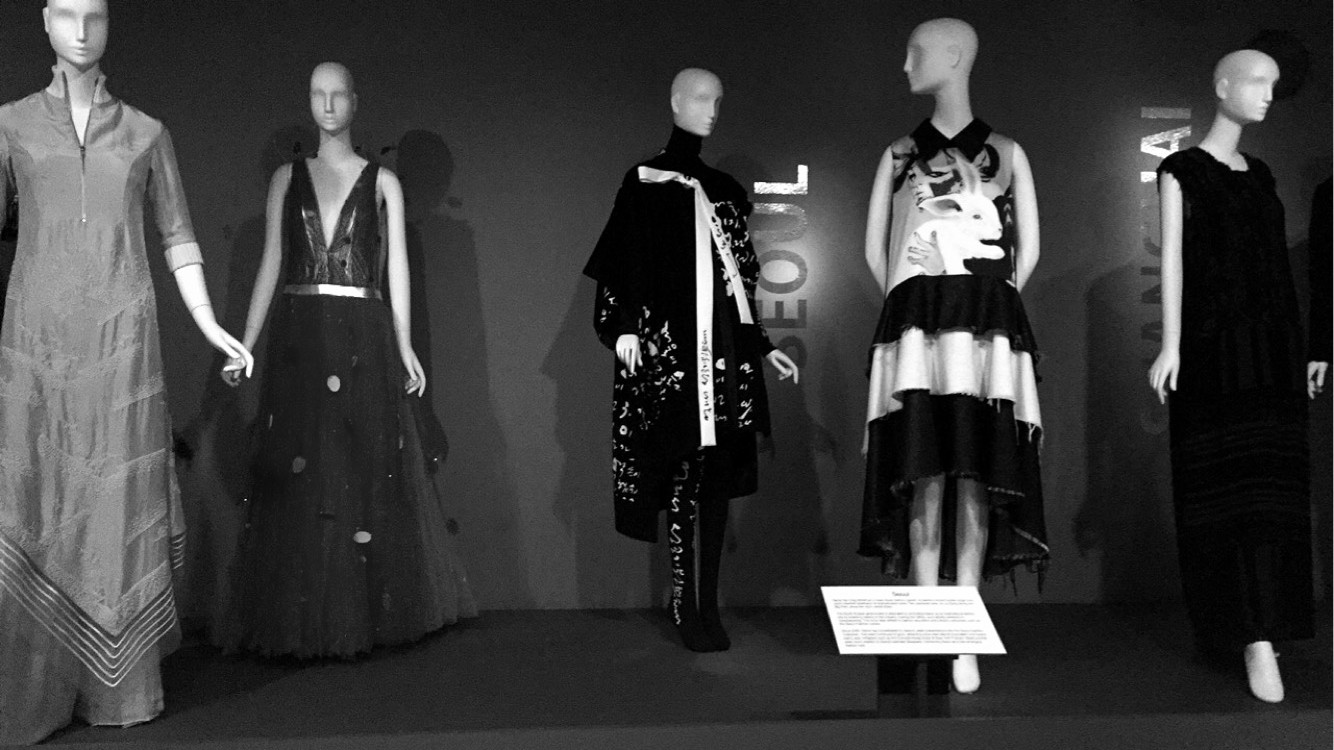
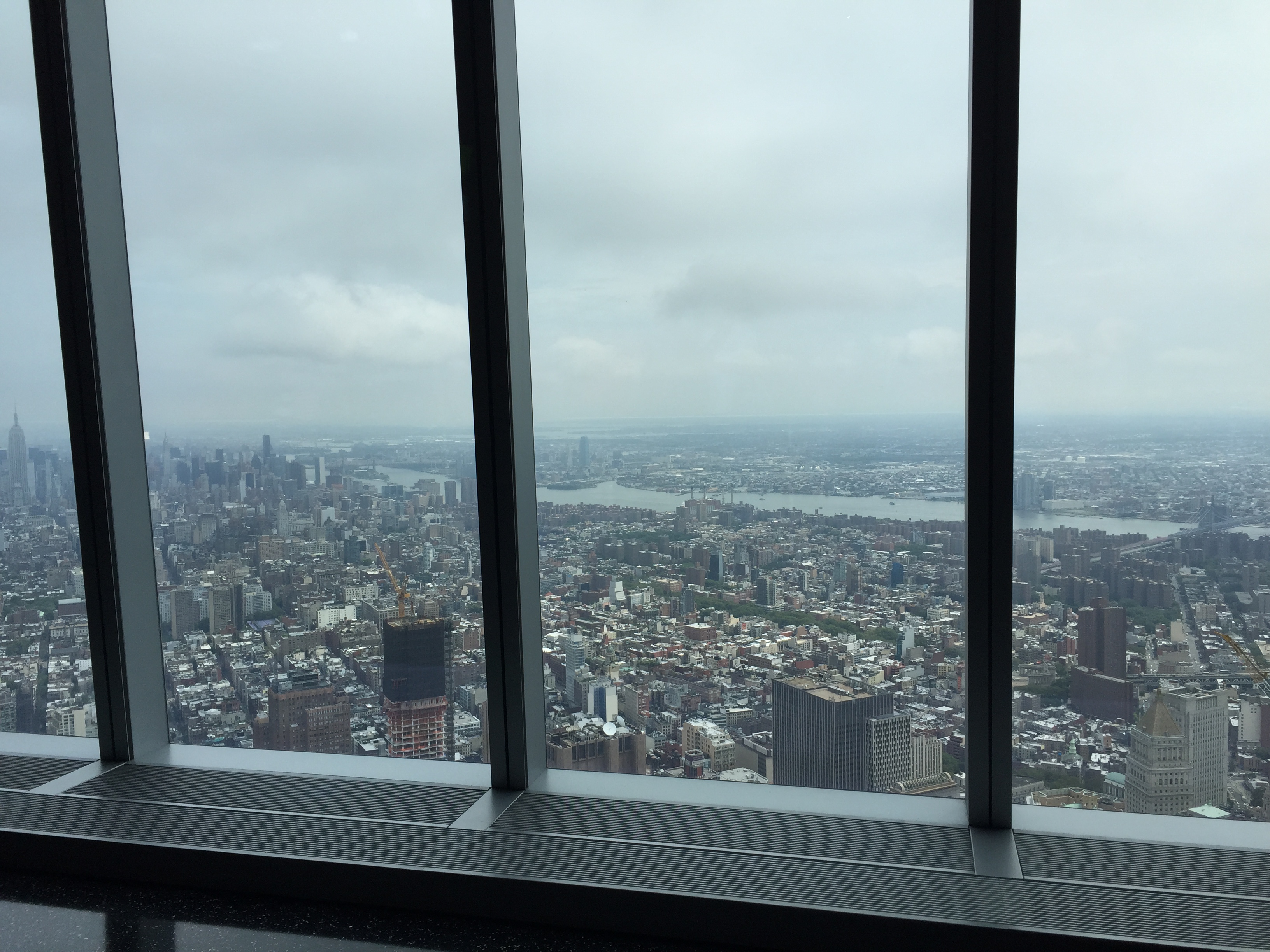
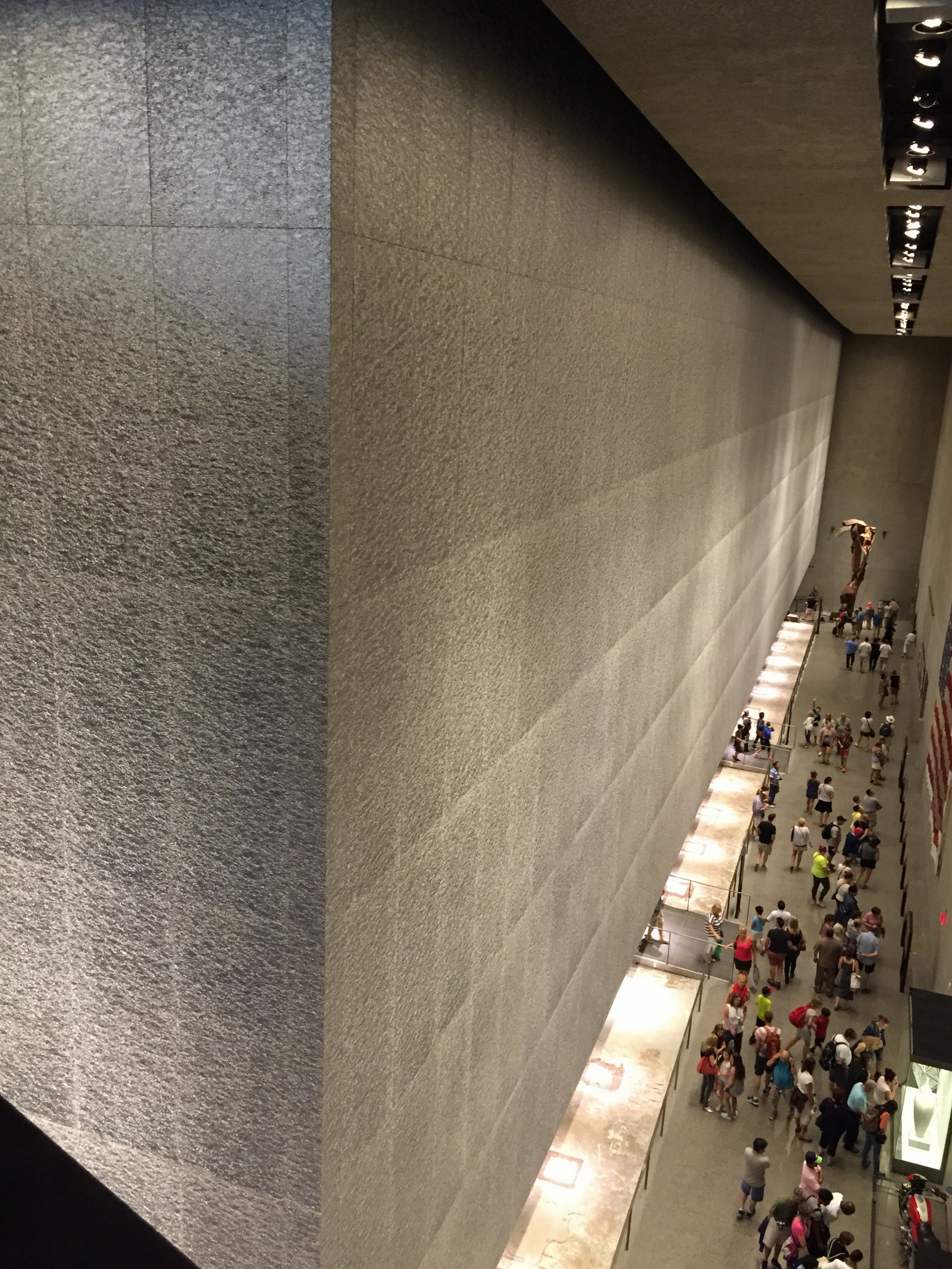
 (I know what you’re thinking.)
(I know what you’re thinking.)





